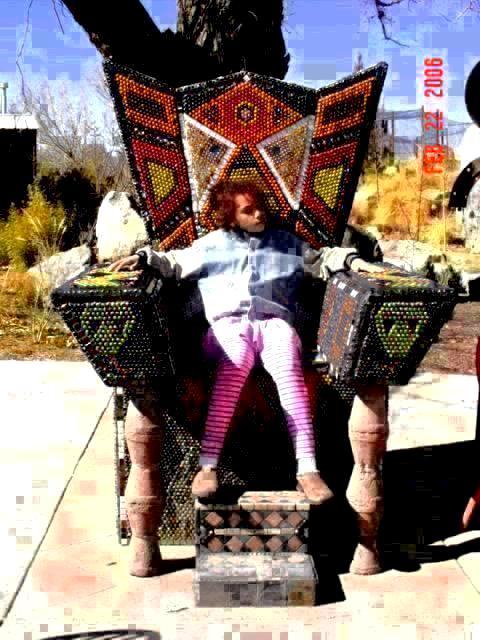 |
|
 |
||||||
Religion: |
||||||
When you die, you float up into the clouds, where you meet St. Peter. He looks into his book to see whether you get to walk through the pearly gates or are flung into the lake of fire.
Why St. Peter? Because the Catholic popes popularized this scene, and Peter is supposedly the first pope. This scene helps put the Bishop of Rome one step above the other bishops.
And if St. Peter had to do something dramatic, why is his dramatic role to greet people at the gate of heaven? Because the concept of going to Heaven before Judgment Day is not found in the Bible. Early Christians believed that souls of the saved and damned waited in Hades for Judgment Day. The idea of going to the sky for judgment after death is borrowed from Greek, pagan philosophy. The lack of scriptural documentation gives the bishop of Rome a free hand at describing what going to Heaven looks like. It's this same lack of documentation that allowed the popes to invent Purgatory.
How convenient that the popes' special saint oversees the popes' special doctrine.
But wait, there’s more. Peter just looks into the book of life. He doesn’t actually judge the dead. Why not? Because Jesus judges. He “judges the quick and the dead” to be precise, and orthodox. Why does Jesus judge and not YHWH? Because the concept of Judgment Day is not found in Jesus’ scriptures (the Old Testament). It's borrowed from Zoroastrianism. This lack of documentation allowed Jesus' followers to write him in as the judge at the last day.
For his part, YHWH judges the nations, not individuals. This angle makes sense in early Hebrew cosmology, where there's no afterlife to speak of and no resurrection or Judgment Day where individuals could be judged.
—JoT
Assistant Judges: In his Summa Theologiae, Aquinas says that those who voluntarily accept poverty (as monks in his order do) will be assistant judges at the Last Judgment. Centuries later, Mormons would claim that Joseph Smith would be a judge over the current generations, and no one would get to Elohim and Yahweh (Christ) without Smith's OK. Everyone wants a piece of the action.
top
This essay is about Saint Peter, special judgment, Catholic doctrine, Jesus as the Judge, the afterlife, and the Bible. |
||||||